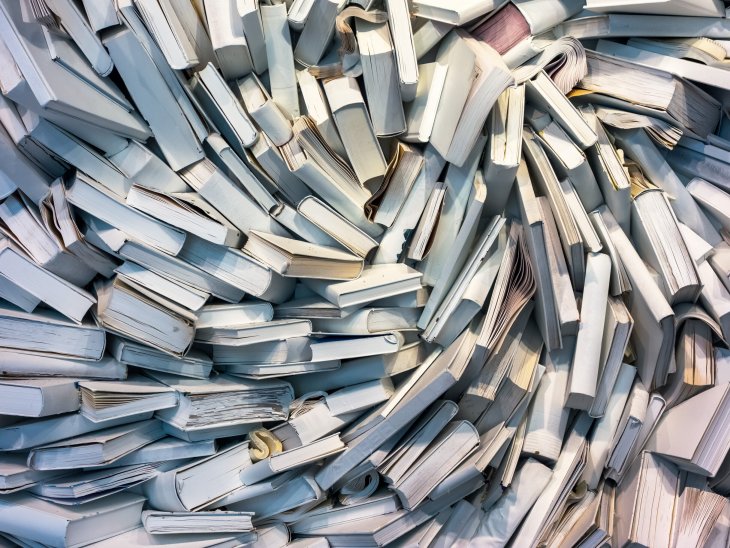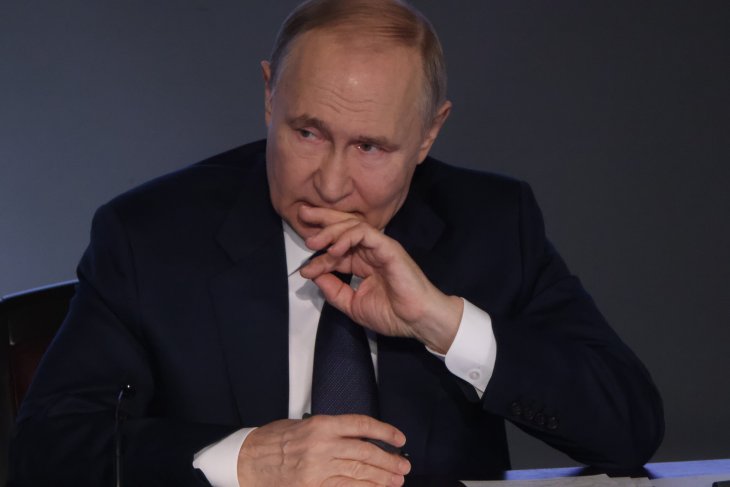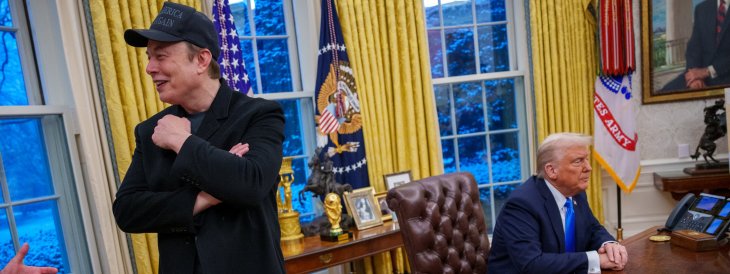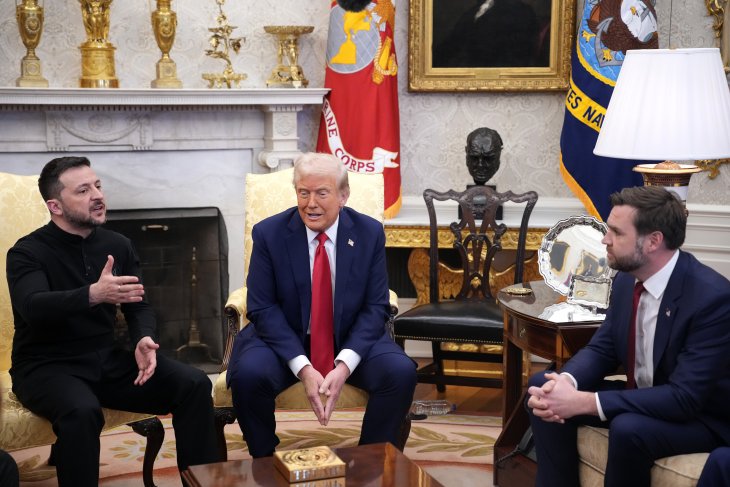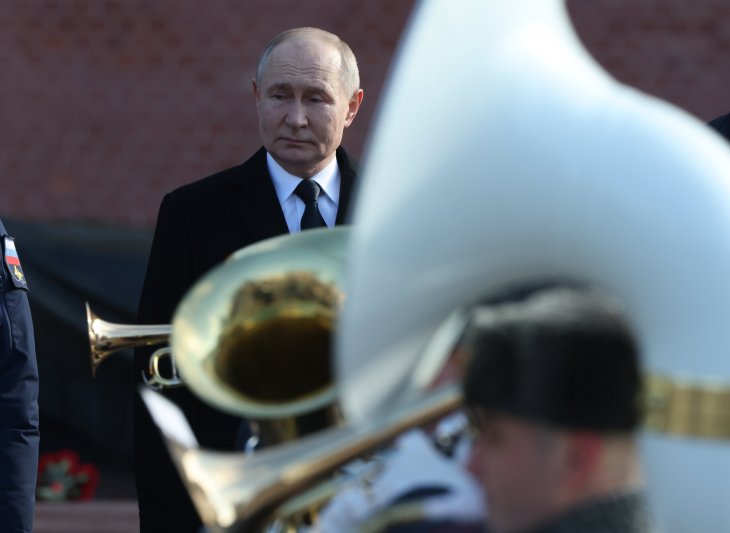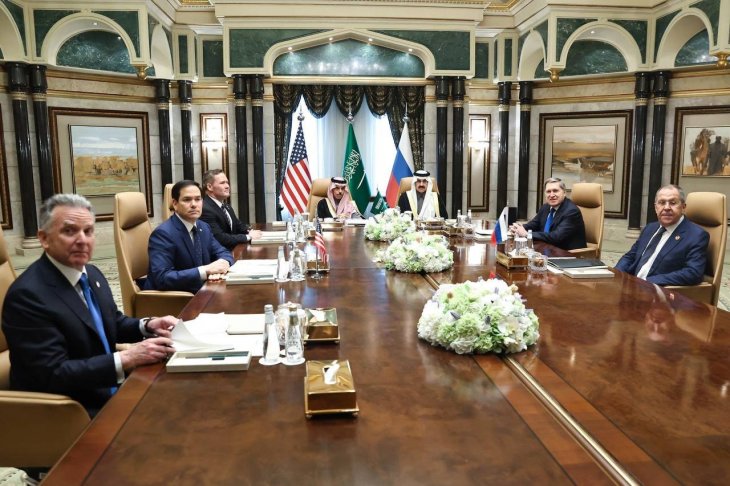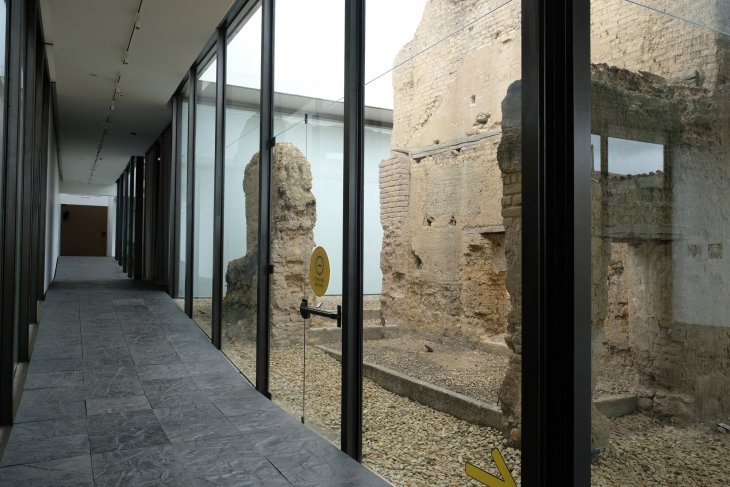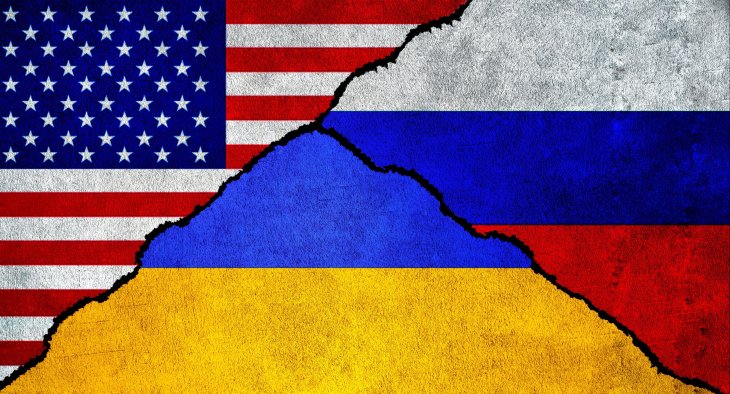In the Eastern Mediterranean, tensions are largely the norm rather than the exception. Greece and Turkey, two stable states and NATO allies, enjoy largely peaceful unneighborly relations, despite occasional tension between them. Bilateral disputes, especially those regarding the delimitation of maritime zones, are longstanding and well-known.
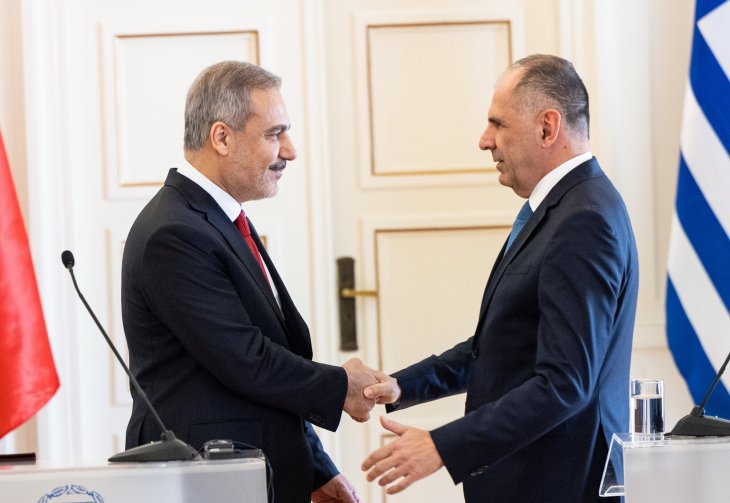
Turkish and Greek Foreign Ministers Hakan Fidan and Giorgos Gerapetritis after a meeting in November 2024. Photo: Murat Gok/Anadolu via Getty Images
But the two countries still seem trapped in regional and bilateral geopolitical dilemmas, some of which have little resonance today.Read More
